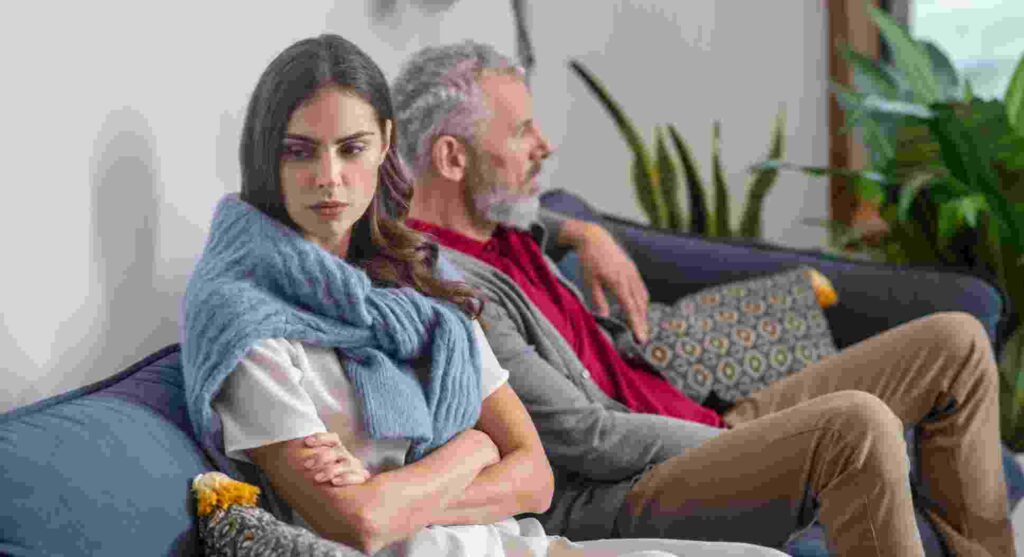Nature photography is a hobby, or a job that allows the photographer to spend time outside amidst nature. Some nature photographers spend months outside trying to get the right shot for their photos whereas others like to spend an afternoon or two snapping photos of birds and sunsets. Both are different, yet both kinds of nature photographer must look after their own health. If they don’t, they could easily fall ill or hurt themselves which could end up hurting their craft of business. Here are some top tips to nail life as a nature photographer.
Leave The Photo Books Until You’re Ready
Some nature photographers like to try and formulate their photo books when they’re out in the wild. Wait. Once you’ve got the pictures you want you can bring them home and take pictures, not before. It’s hard to curate a photobook when you’re in a tent or uncomfortable. Better to do it when you’re home. There are many photobook providers that let you do this, such as mixbook.com. You just need to take the time to pull all of the photos into focus, make sure they look good and be sure to include your touch ups and effects where possible. Again, it’s hard to do this in the wild. It won’t be good for your mental health. Focus on taking pictures when you’re out, and editing when you’re home.
Take The right Provisions
If you’re going for a few days you’d be surprised by how much you’d need and how much you’d eat. Make sure you take proper provisions and ensure you also pack high energy snacks. Water is also huge. Don’t drink from rivers. You need to bring water with you. It can all end up being pretty heavy so make sure you’ve got a way to carry it all. When you factor this in with the photography equipment you can see where the weight comes from. Usually, its wise to set up a base of some sort that you can venture out from. Take what you need, and then a little extra just in case.
Always Check The Forecast
It’s important you be careful with the weather. This is primarily because the weather is changeable. If you go out expecting to get some nice pictures of the snow without checking you could end up stuck in a snowstorm and if you haven’t brought the right gear, you could end up in a lot of trouble and need rescue. This is also applicable for your own photography. There’s no point going out if the weather is about to turn and ruin your shot (unless you wanted a bad weather shot). Not checking the forecast can turn your photography session into a disappointing one and in some cases, end up being dangerous.
Fight Being Lonely
If you’re going into the wilds for a longer period of time, you might get pretty lonely. This is where it pays to know other photographers or hobbyists for you to go with. Spending time with people is always better, even if you’re a serious photographer. Having an assistant or something similar can help with the setting up of the equipment too and ensure you get the photos that you need. If you do go alone, make sure you make time to call a loved one or friends a couple of times a day so that you can keep up with what’s going on at home.
Care For Your Skin
Being out all day isn’t good for your skin, especially if the sun is fierce. You need to care for it. This is especially the case if you suffer from something like eczema or dermatitis. You have to prioritize your health. Make sure you moisturize, use something with a good SPF and use eczema cream if you’ve got a flare up. It isn’t always easy to do this when you’re out taking photos but it makes a difference.
Don’t Get Too Close to Wildlife
It all depends on what kind of animal you’re taking pictures of. But, you should never get so close that you’re disrupting them. You want to maintain a safe distance. If you’re taking photos of an animal that can be dangerous you should do so with a local guide or someone that can help you out. You’ll only be putting yourself at risk along with disturbing the animal, so be logical if you’re taking pictures of wildlife. There are plenty of things you can do to make your trip safer. You just need to be logical and ensure you take steps in case anything ever goes wrong.






